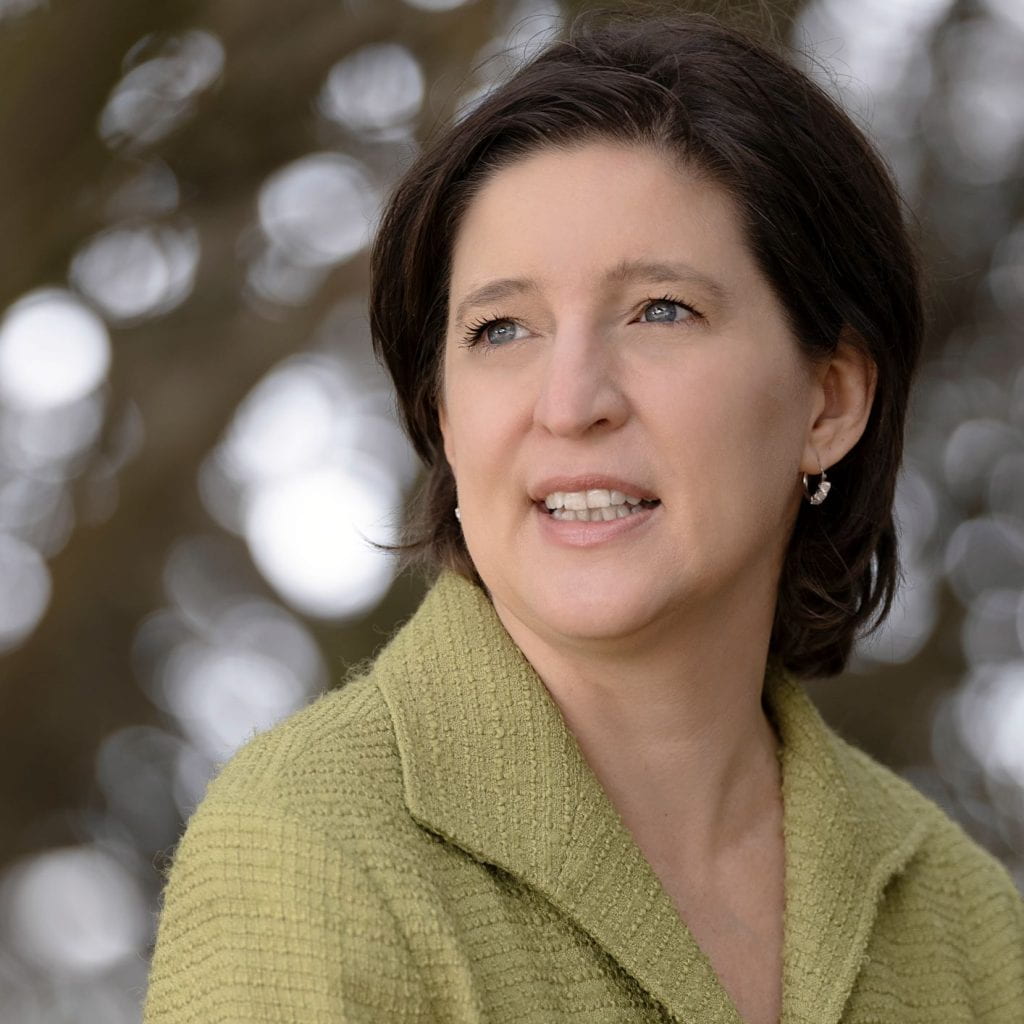Hawes Hall, Classroom 102, Harvard Business School
Learning Targeted Treatment Assignment Policies with Adaptive Experiments: Theory and Applications
Randomized experiments have long been used to learn what treatment works best, but uniform randomization is not the most efficient way to accomplish that goal, particularly when there are many potential treatment arms or when the best treatment depends on individual characteristics, in which case the goal is to learn a targeted treatment assignment policy. Adaptive experiments (“contextual bandits”) have great potential to both improve the outcomes of individuals during an experiment (minimize “cumulative regret”), and to improve the ability to estimate the best policy after the experiment (policy learning/minimize simple regret). This talk will start with some real-world implementations of contextual bandits, identifying challenges, including the problem of model misspecification and tradeoffs between cumulative regret and policy learning. Then, it will review recent theoretical developments that make progress in addressing these challenges.
Readings
- Proportional Response: Contextual Bandits for Simple and Cumulative Regret Minimization
- Towards Costless Model Selection in Contextual Bandits: A Bias-Variance Perspective
- Contextual Bandits in a Survey Experiment on Charitable Giving: Within-Experiment Outcomes versus Policy Learning

Professor Athey is the Economics of Technology Professor at Stanford Graduate School of Business. She received her bachelor’s degree from Duke University and her PhD from Stanford, and she holds an honorary doctorate from Duke University.
She previously taught at the economics departments at MIT, Stanford, and Harvard. She is an elected member of the National Academy of Science and is the recipient of the John Bates Clark Medal, awarded by the American Economics Association to the economist under 40 who has made the greatest contributions to thought and knowledge.
Her current research focuses on the economics of digitization, marketplace design, and the intersection of econometrics and machine learning. She has worked on several application areas, including timber auctions, internet search, online advertising, the news media, and the application of digital technology to social impact applications.
As one of the first “tech economists,” she served as consulting chief economist for Microsoft Corporation for six years, and has served on the boards of multiple private and public technology firms. She also served as a long-term advisor to the British Columbia Ministry of Forests, helping architect and implement their auction-based pricing system. She was a founding associate director of the Stanford Institute for Human-Centered Artificial Intelligence, and she is the founding director of the Golub Capital Social Impact Lab at Stanford GSB.
In 2022, she took leave from Stanford to serve as Chief Economist at the U.S. Department of Justice Antitrust Division. Professor Athey is the 2023 President of the American Economics Association, where she previously served as Vice President and Elected Member of the Executive Committee.